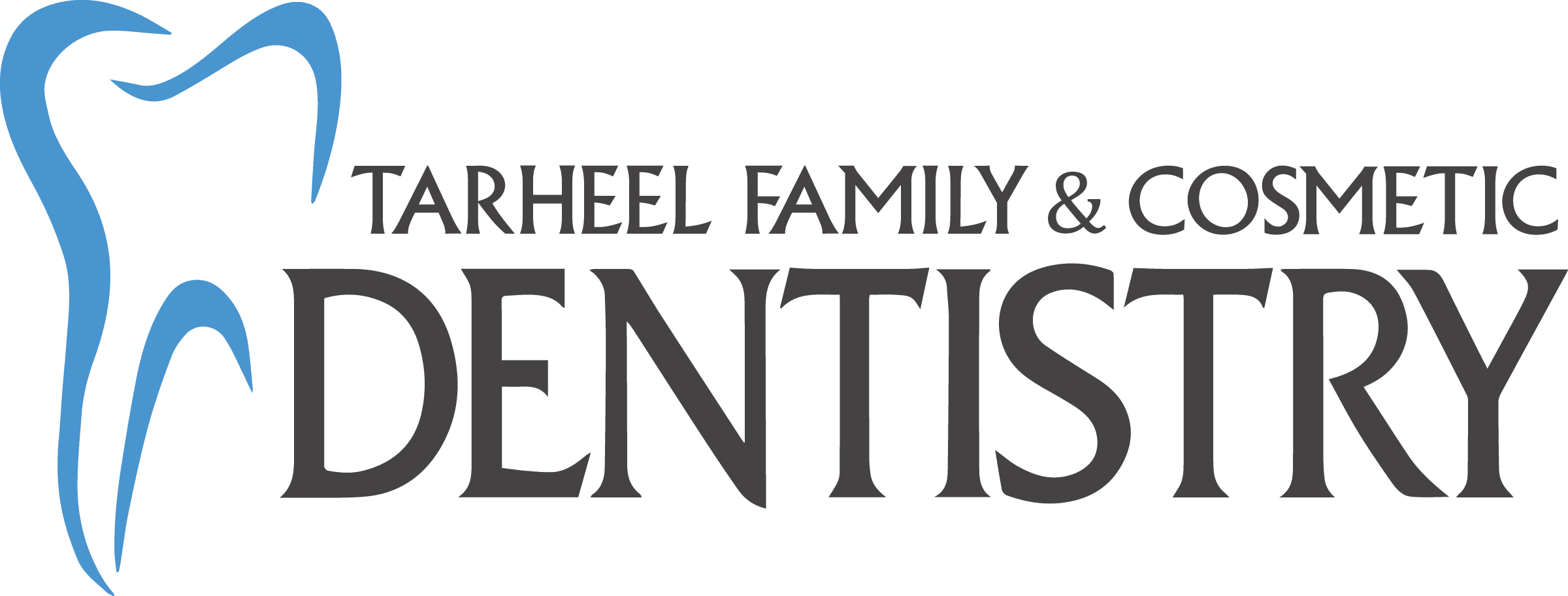Teeth grinding, medically known as bruxism, is a condition that impacts many individuals. It can manifest during the day or at night, often without the person’s awareness. This involuntary action can lead to significant oral health issues, including headaches, jaw pain, and worn or fractured teeth. Understanding the root causes of teeth grinding is essential for managing and preventing its adverse effects. Early recognition of symptoms is crucial in preventing further complications.

Stress and Teeth Grinding
Stress is one of the leading causes of teeth grinding. Identifying specific stressors in your life can be a critical step in managing bruxism. Engage in stress-reduction practices regularly. Techniques such as meditation and deep breathing exercises could significantly lower stress levels. These practices help calm the mind and reduce anxiety, which can exacerbate teeth grinding. Regular physical exercise is another effective way to combat stress. Physical activity could not only improve physical health but it also releases endorphins, which enhance mood and reduce stress.
Improve Sleep Hygiene
Poor sleep hygiene can significantly contribute to teeth grinding, particularly during the night. Establishing a regular sleep schedule is vital. Aim to go to bed and wake up at the same time every day, even on weekends. This consistency helps regulate your body’s internal clock, promoting better sleep quality. Create a relaxing bedtime routine to signal to your body that it’s time to wind down. Avoid screens at least an hour before bed, as the blue light emitted can disrupt your natural sleep cycle. Instead, consider reading a book or taking a warm bath. Ensure your sleep environment is conducive to rest. Keep the bedroom cool, dark, and quiet. If external noise is an issue, consider using a white noise machine to create a calming atmosphere.
Limit Stimulant Intake
Stimulants such as caffeine and nicotine can exacerbate teeth grinding by increasing anxiety and stress levels. Limiting your intake of these substances can have a positive impact on your overall health and reduce the likelihood of bruxism. Avoid consuming caffeine in the late afternoon and evening, as it can interfere with your ability to fall asleep and stay asleep. Instead, opt for herbal teas or water. Nicotine, found in tobacco products, can also disrupt sleep patterns and increase stress levels. If you smoke, consider exploring cessation programs to help you quit. Reducing your intake of stimulants can lead to improved sleep quality and overall well-being.
Maintain a Balanced Diet
A balanced diet plays a crucial role in supporting overall health and can help reduce the risk of teeth grinding. Nutrient deficiencies, particularly in calcium and magnesium, can contribute to muscle tension and bruxism. Ensure your diet includes adequate amounts of these essential minerals. Foods rich in vitamins B and D are also beneficial, as they promote healthy nerve function and reduce stress levels. A well-balanced diet could help stabilize mood and reduce anxiety, both of which are linked to teeth grinding. Consider consulting a nutritionist for personalized dietary recommendations that support your health and well-being.
Practice Jaw Exercises
Jaw exercises can be an effective way to relieve tension and reduce teeth grinding. Simple exercises can help strengthen jaw muscles and improve flexibility. Practice gentle stretching and massaging techniques to alleviate discomfort and reduce the frequency of grinding. A physical therapist can provide guidance on specific exercises tailored to your individual needs. Regular practice of these exercises can improve jaw function and reduce the impact of bruxism on your daily life.
Consult a Dentist for Teeth Grinding
A consultation with your dentist can provide valuable insights into the causes and treatment of bruxism. They can examine your teeth and jaw alignment to identify any underlying issues. Misaligned teeth often contribute to bruxism, and your dentist can recommend appropriate corrective measures. One common solution is the use of a night guard, a custom-made dental appliance that protects your teeth while you sleep. A night guard could not only prevent further damage to your teeth but also help reduce jaw tension and discomfort.
Tarheel Family Dentistry offers comprehensive dental care to address teeth grinding and other oral health concerns. Our experienced team provides personalized treatment plans tailored to your unique needs. Contact us today to schedule a consultation and learn more about your treatment options.
